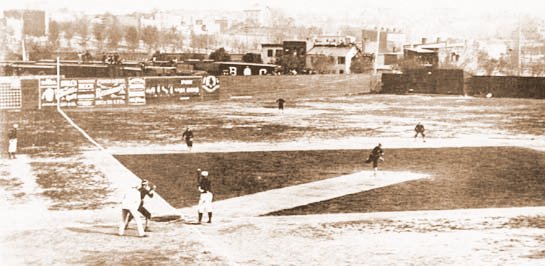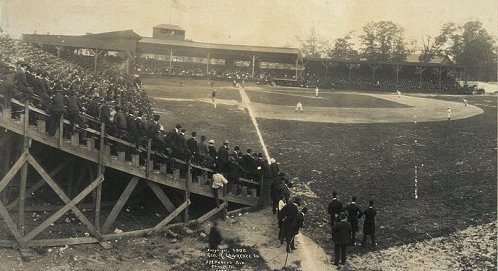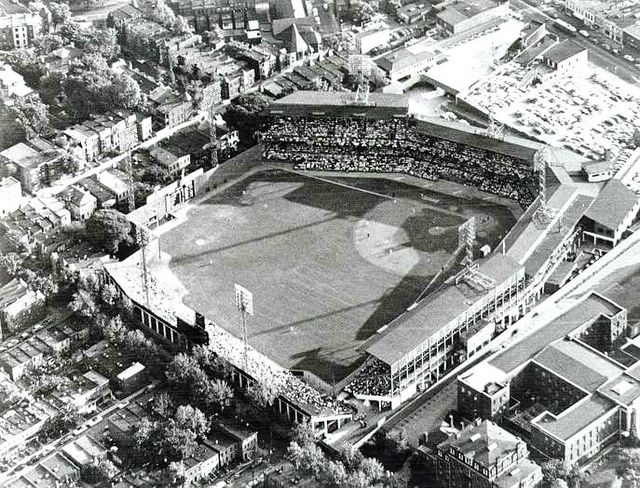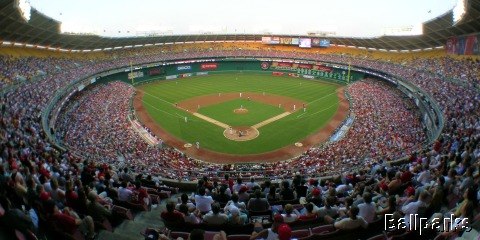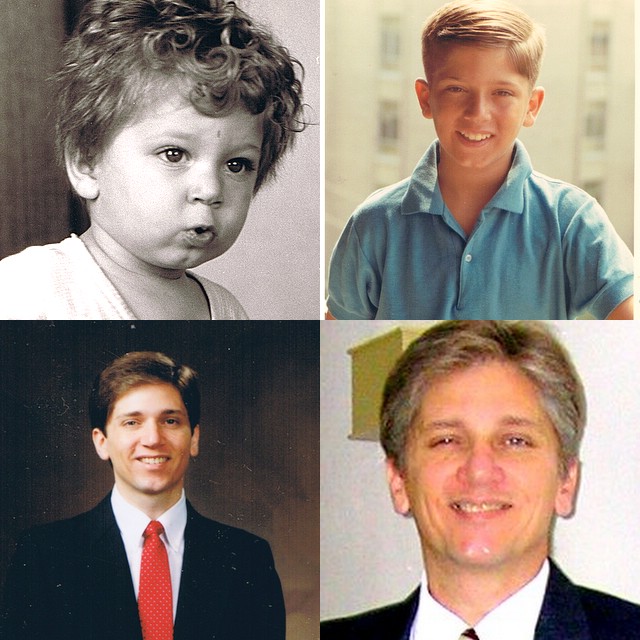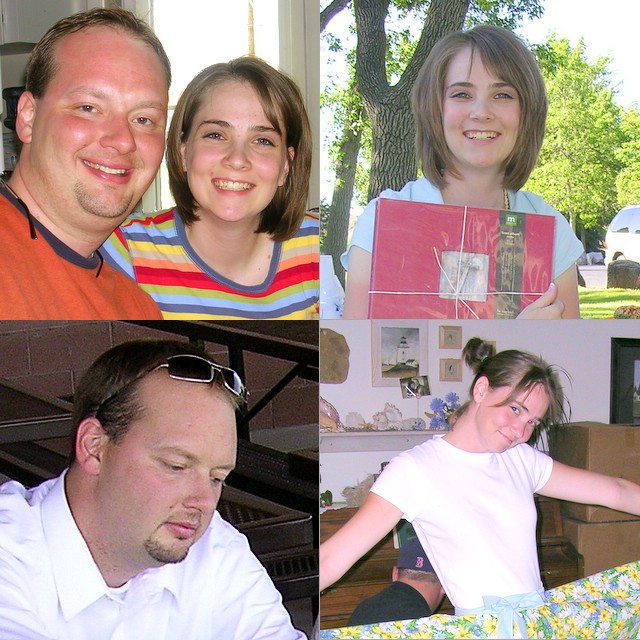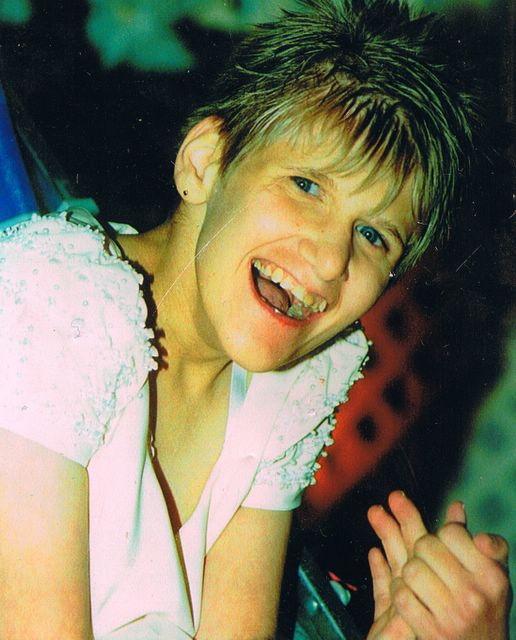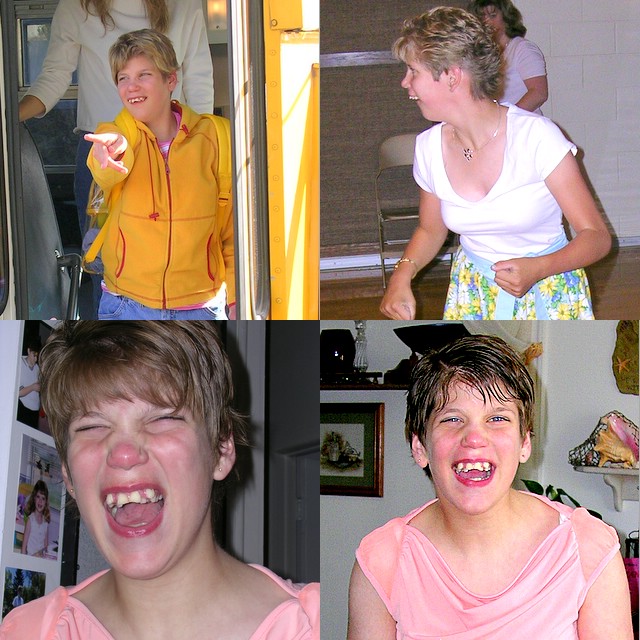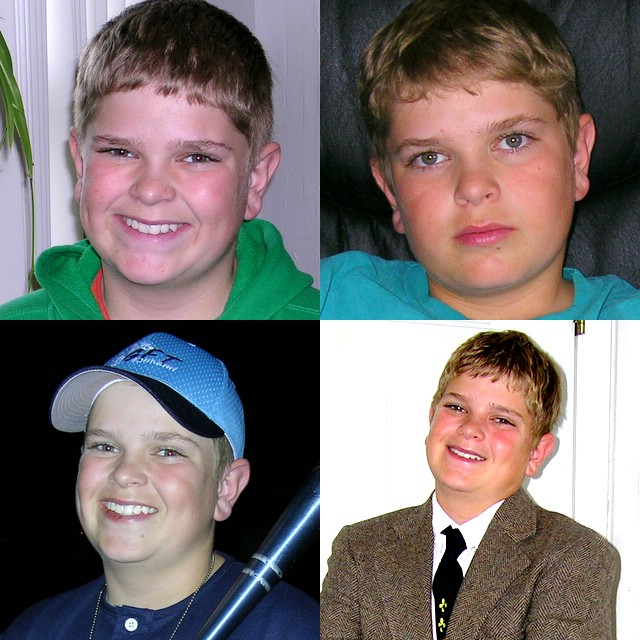NL East Preview: FIRST BASE
 [December 27th] -- The Beltway Boys begins it's position-by-position preview of the National League East. We start with first base.
[December 27th] -- The Beltway Boys begins it's position-by-position preview of the National League East. We start with first base.
The same five players who ended the 2005 season at first return for 2006. Two of them, however, Carlos Delgado and Mike Jacobs, have traded teams.
#1 - Carlos Delgado [Mets]: .301-33-115 Delgado joins his third team in three years, with each move money related. He left the Blue Jays for more money, and the Marlins traded him to New York because he made too much money.
Everything about Delgado was huge last season. He had a .399 on-base percent and a .582 slugging average. That said, Delgado's skills are in a slow but obvious decline. His power production the last two seasons is down an average of seven home runs and seventeen rbi's from his glory days of 1998 through 2003. Don't misunderstand though; he's still the best first baseman in the division.
Delgado's power is to all fields and isn't limited to upper-deck shots. He has tremendous gap power and his smarts on the basepaths make up for his typical first-base speed. The only negative offensively is a [relatively] high strikeout total, though not when you compare him to Brad Wilkerson or Alfonso Soriano.
Defensively, he's a liability. Last season, Delgado committed 14 errors and crafted a .989 fielding percent. The Nationals Nick Johnson, by comparison, only made 5 miscues and had a .996 fielding average.
The Mets mortgaged their future to try to win NOW, and Delgado can do just that. But Mike Jacobs will be in the league long after Delgado retires, and the trade that brought him to New York won't look so rosy when Jacobs begins to pile up MVP awards in Florida (or whatever city the Marlins relocate to) as Delgado piles on the pounds.
That said, he's still the top dog in this hunt. For now.
#2 - Ryan Howard [Phillies]: .288-22-63 Ryan Howard is proof that every amateur draft choice counts; he is a former 4th round pick. Howard reached Philadelphia last season thanks to Jim Thome's mid-season injury. He hit a combined MLB/AAA .321-38-117.
Howard is a lefty pull hitter who plays in a band-box. He should hit 30 homers a season in Philadelphia just by throwing his bat on the field each night. But he's more than just an undisciplined slugger. His high strikeout rate (166 in 2005) comes from Howard's inexperience as much as it does a lack of plate discipline. Even with all the strikeouts, he still had a minor league career .397 on base percentage. Defensively, he's one of the best in the division, just a tinch behind Nick Johnson.
throwing his bat on the field each night. But he's more than just an undisciplined slugger. His high strikeout rate (166 in 2005) comes from Howard's inexperience as much as it does a lack of plate discipline. Even with all the strikeouts, he still had a minor league career .397 on base percentage. Defensively, he's one of the best in the division, just a tinch behind Nick Johnson.
Howard is only one good season away from supplanting Delgado as the top first baseman in the division.
If he continues to mature, and continues to play in Philadelphia, he could end his career with 500+ home runs. Howard is 26 and his talent and maturity level is more about stability than getting better and improving each season. He's a gem. That's for sure.
#3 - Nick Johnson [Nationals]: .289-15-74 If only he could remain healthy for a full season. The New York Yankees believed that Johnson was going to be their first baseman of the future. So did the Expos. So do the Nationals. But the guy just can't stay healthy. When he does, he's a superb piece of the puzzle. Oh sure, he'll never slug 40 homers like Delgado, but he's a complete, all-around player who does so many things well. How good can he be if he's able to play every day? No one knows, because he's never done it. We can guess, though. Over his 500+ game minor league career, he averaged a homer every 25 at bats and an rbi every 5.5 at bats. He had a .402 obp and a .445 slugging average.
Over his 500+ game minor league career, he averaged a homer every 25 at bats and an rbi every 5.5 at bats. He had a .402 obp and a .445 slugging average.
Playing in the majors, Johnson has averaged a homer every 27 at bats and an rbi every 6.1 at bats. He's crafted a .383 obp and a .437 slugging percent. Major leagues or minor leagues; his production remains constant. If Johnson were to get 550 at bats in 2006, his numbers would look something like this: .285 - 21 - 92. He'd whack 32 doubles and duplicate his .383 obp and 437 slugging. And, as mentioned previously, Johnson is the best fielding first baseman in the division. He can drive in runs, he can prevent runs from scoring; he can hit right-handers and left-handers alike. He can do everything. Except stay healthy.
2006 is a "do or die" year for Nick. If he remains healthy and produces, he very well could find himself with a long-term deal. If he misses a significant number of games yet again, however, look for him to end up with an American League club and a career as a designated hitter.
#4 - Mike Jacobs [Marlins]: .310-11-23 Jacobs did a lot of damage in only 100 at bats with the Mets in 2005. Projected over a full season, Jacobs would have produced in the area of .310-55-120. Jacobs  is young and his lefty swing is ideal for Dolphins Stadium (or whatever they're calling it these days). He has a minor league career obp in the .365 range, and his slugging average is above reproach. The fact that he plays both catcher and first is indicative of just how slow the guy is. Defensively, Jacobs is adequate.
is young and his lefty swing is ideal for Dolphins Stadium (or whatever they're calling it these days). He has a minor league career obp in the .365 range, and his slugging average is above reproach. The fact that he plays both catcher and first is indicative of just how slow the guy is. Defensively, Jacobs is adequate.
Barely. He usually makes the plays on the balls he gets to, although his range is somewhat limited. He had a .984 fielding average in 2005, only fourth best in the division.
If the National League pitchers can find a hole or two in his swing this time around, Jacobs is in trouble. But I tend to think that his phenomenal 2005 numbers are not an aberration. Jacobs is the real deal.
#5 - Adam LaRoche [Braves]: .259-20-78 LaRoche, the son of former pitcher Dave LaRoche, isn't at the point in his career where he'll suddenly "get it" and become a stud at first. His stats from his first two years in the major leagues are remarkably consistent. He's not learning and getting better but rather continues at his currently level. And that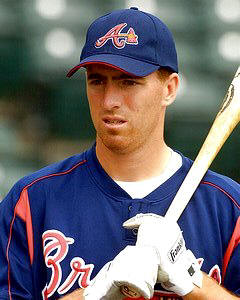 aint bad, but it aint good either. LaRoche is a gap hitter with some home run power, but not nearly enough for the position he plays. He has averaged one homer per 27 at bats during his short stay in the bigs, which is the same as Nick Johnson. But Johnson has an obp 65 points higher than LaRoche, and can hit both lefties and righties with ease.
aint bad, but it aint good either. LaRoche is a gap hitter with some home run power, but not nearly enough for the position he plays. He has averaged one homer per 27 at bats during his short stay in the bigs, which is the same as Nick Johnson. But Johnson has an obp 65 points higher than LaRoche, and can hit both lefties and righties with ease.
LaRoche hits left handers so poorly that a 48 year old former shortstop has had to cover for him when southpaws were on the mound. Defensively, he's a middle-of-the-pack kind of guy. He's good enough to play in the major leagues, but certainly can't change the outcome of a game with his glove.
It's doubtful that LaRoche is the Braves' long-term answer at first base, that is unless the team can find another credible platoon partner. If Atlanta can continue to surround him with superior players, they might be able to afford to go to war with Adam LaRoche loping around the bag, shooting gappers to the wall and hitting the occasional tater over the fence. Regardless, he's still the worst in the division.








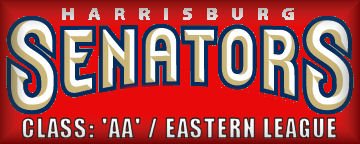
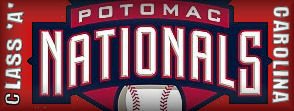

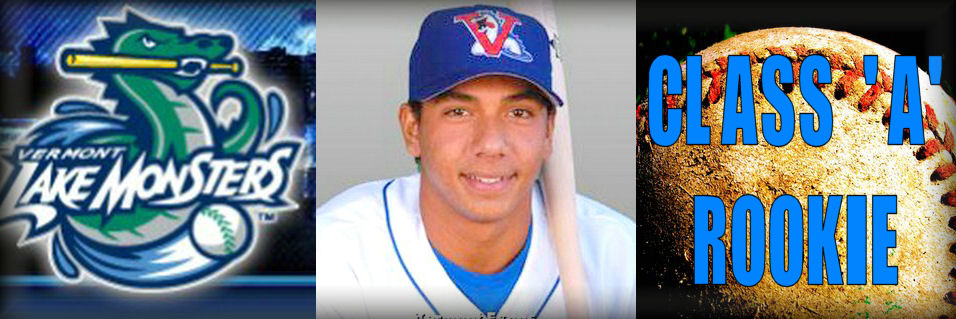















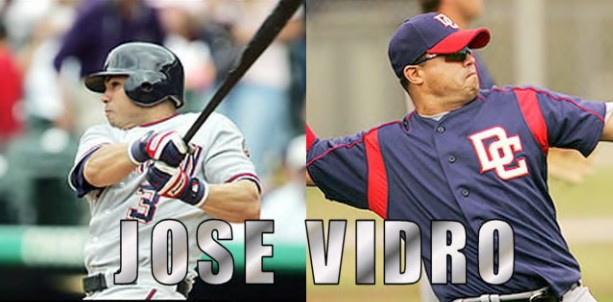




















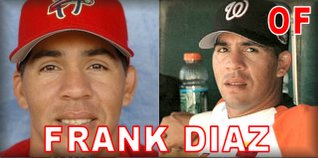

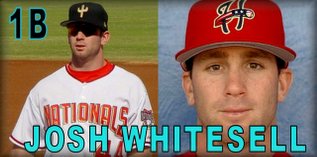
 3) 1926 (road) --- 4) 1936-'37, 1948-'51
3) 1926 (road) --- 4) 1936-'37, 1948-'51 3) 1968 - '71, and 2005 (home) --- 4) 2005 (road)
3) 1968 - '71, and 2005 (home) --- 4) 2005 (road) Buddy Meyer --- Walter Johnson
Buddy Meyer --- Walter Johnson Ed Yost --- Muddy Ruel
Ed Yost --- Muddy Ruel Roger Peckinpaugh --- Joe Cronin
Roger Peckinpaugh --- Joe Cronin Del Unser --- Darold Knowles
Del Unser --- Darold Knowles Ed Stroud - Mike Epstein
Ed Stroud - Mike Epstein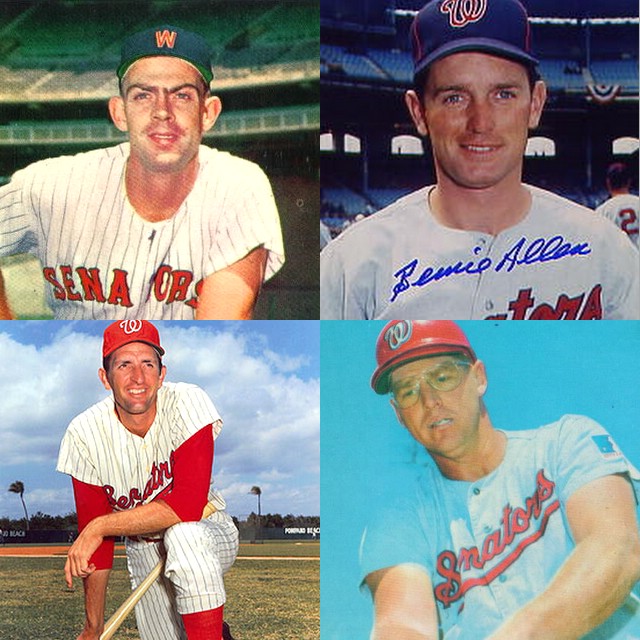 3)1968 -- 4)1969 - 1971
3)1968 -- 4)1969 - 1971